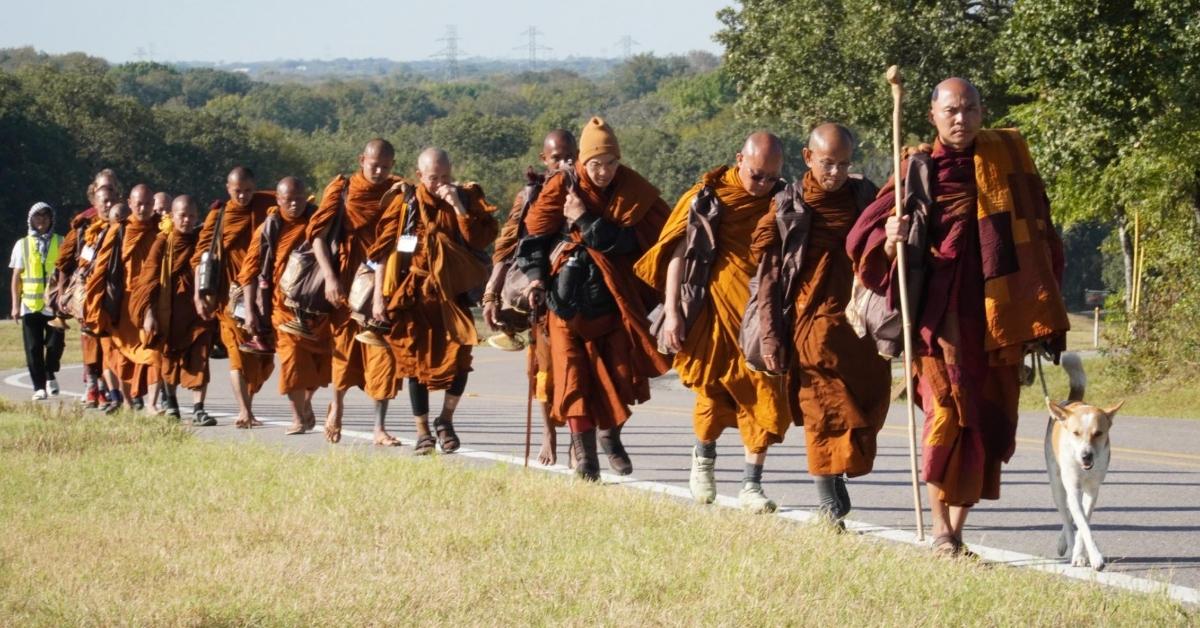 During my childhood and adolescence, in the 60’s and the 70’s in El Salvador, it was normal to receive potable water only a few hours during the morning, mostly between 5:30 and 9 or 10 a.m. I’m talking about a normal middle class home with electricity and telephone and all the installations to run sanitation and potable water.
During my childhood and adolescence, in the 60’s and the 70’s in El Salvador, it was normal to receive potable water only a few hours during the morning, mostly between 5:30 and 9 or 10 a.m. I’m talking about a normal middle class home with electricity and telephone and all the installations to run sanitation and potable water.
Water problems were always “normal” in El Salvador so most of the houses had (and still have) huge tanks and deposits to gather many gallons of potable water. Because of this, I was brought up being very careful with its use. No faucets open and running while brushing our teeth or while my father was shaving. No flushing the toilet every time we took a leak. Laundry was done only once or twice a week and we would actually use our clothes a couple of times before putting them to wash.
In the least expected day and without any warning, we would suddenly open the faucets and see no water coming out, listening instead to the air pressure whistling through the pipes. We would then depend entirely on what we had in the tanks.
Sometimes, especially in the summer, we would be without water for a week or two and then the whole household would be in an emergency state. We had to brush our teeth and clean the toothbrush with one 8 oz. glass of water. Dry baths would be taken (rubbing our bodies with a damp cloth) and the toilets... well, I’d rather not talk about the toilets.
The water of our tank would be over in 4 or 5 days and then we had to grab a bucket from another reserve tank that was in a lower part of the property of our home and that had no way to pump the water into the house. This meant going up and down a lot of stairs with buckets full of water. This was not clean water, so we used it mostly to flush toilets and clean the floors.
My father invented a system to collect rain water from the roofs in the rainy season in another tank which did prove useful when, for any reason, even during the rains, we wouldn’t have potable water for days.
By the end of the 90’s, as I was visiting my father’s home, there was no water for the whole month I was there. My father mentioned that water would fail to be served during 2 or 3 months. He had to hire a pick-up truck to go and buy barrels of water or wait for the water company to send a “pipa”, a tanker full of the liquid that would be given freely to people in affected neighborhoods. Ironically enough, the water bill would come every month charging the usual fee for a service that was not even received.
Unfortunately, not much has changed since, and to the present day the situation is even worse. With 6 million inhabitants in a little less than 21 thousand square meters, El Salvador is the most densely populated country of the American continent. And water is a highly stressed resource.
According to the Joint Monitoring Programme for Water Supply and Sanitation of the United Nations, only 84% of the Salvadoran population has access to potable water and 62% to adequate sanitation. These numbers are considerable lower in the rural areas.
I remembered these things last week as I read that Blog Action Day 2010 (taking place the 15th of October) will focus on the subject of water. Thousands of bloggers around the world, including The White House and the UK Foreign Office, will write an entry on their blogs about this problematic that is at the core of different situations like pandemics, poverty, pollution, education and even national crisis (like the Cochabamba Water Wars of 2000 in Bolivia and the Darfur crisis).
According to a UN Report, over one billion people worldwide lack access to drinking water and 2.6 billion people lack access to proper sanitation, 1.5 million children under the age of five die each year and 443 million school days are lost because of water–and sanitation–related diseases.
Awareness needs to be raised not only among governments and organizations but also among civil society about the importance of water. In fact, in July 2010 safe and clean drinking water was declared by the General Assembly of the United Nations as a human right essential to the full enjoyment of life and all other human rights. Water is also crucial to the fulfillment of the Millennium Development Goals, particularly on the ones related to poverty, hunger, child and maternal health and environmental sustainability.
Education on the preservation of the resource, funding for water and sanitation projects, laws to avoid and punish contamination of rivers, lakes and oceans, inventive ways to recycle used waters and rain water as well as changes in our daily habits as to how we use (or misuse) water are urgent worldwide.
Think about it next time you brush your teeth, take a shower, buy bottled water or flush your toilet. Some are privileged enough to have lived their whole lives with access to water and have never gone a day without it. But don’t take it for granted: one day you might open your faucets and just hear the air coming out!
(Publicado en Future Challenges).
.






























No hay comentarios.:
Publicar un comentario